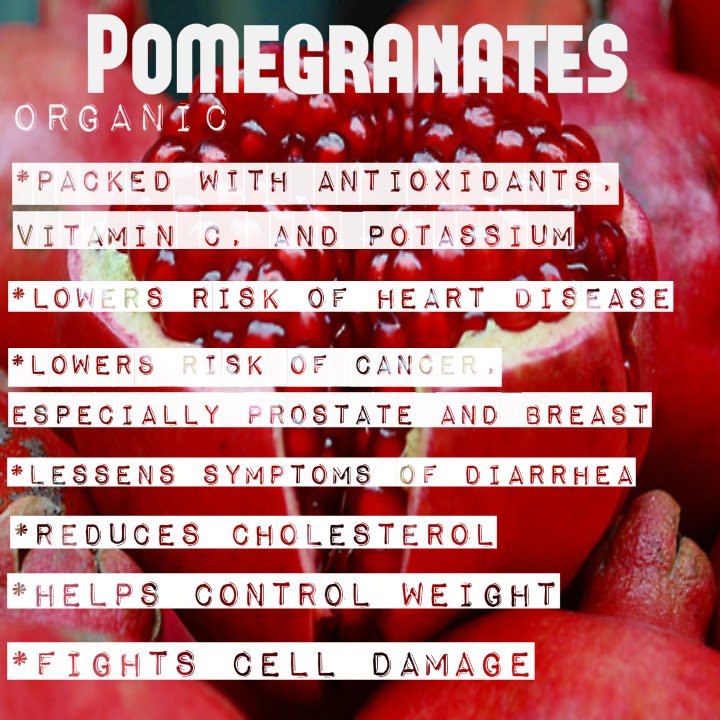The infographic was shared by Topweightedvest, a blog dedicated to the usage of weighted vests and other useful weighted clothing which you can use in your day to day life to grow your body muscles.
We all love to be healthy. But do you do something to keep yourself healthy?
Superfoods may be your way to go.
Unfortunately, there is no proper legal definition for superfood, but it is essentially a food packed with nutrients.
These may be anything from antioxidants to polyphenols to vitamins to minerals. Superfoods are very important for the healthy body. The more you eat them, the better it is.
These foods will help you prevent chronic diseases and also helps you to prolong your life.
I will speak about few of my favourites and the rest you can read from the infographic.
Eggs
Eggs are considered as a perfect food as it contains all the necessary nutrients that a body requires. Apart from this eggs are a great source of inexpensive protein.
It also has other important nutrients which benefit your eyes.
You can eat three eggs a day without any issues.
Coconut Oil
Coconut oil is considered as the healthiest food on the planet.
There are many other popular oils out there, but nothing beats the nutritional value that coconut oil provides.
Not only does it help increase the “good cholesterol” but decreases the bad ones. It also helps you to tackle diseases like arthritis.
Kale
Kale Chips are one my favourites.
It is one of the most nutritious plant food. It is packed with nutrients and vitamins.
Kale is a great source of Vitamin C. Vitamin C helps in proper functioning of body cells.
Steamed Kale helps in lowering your cholesterol. This way you can prevent heart problems.
Hope you learnt a lot from the infographic. Please comment your favourite superfood below. I would love to know them.




